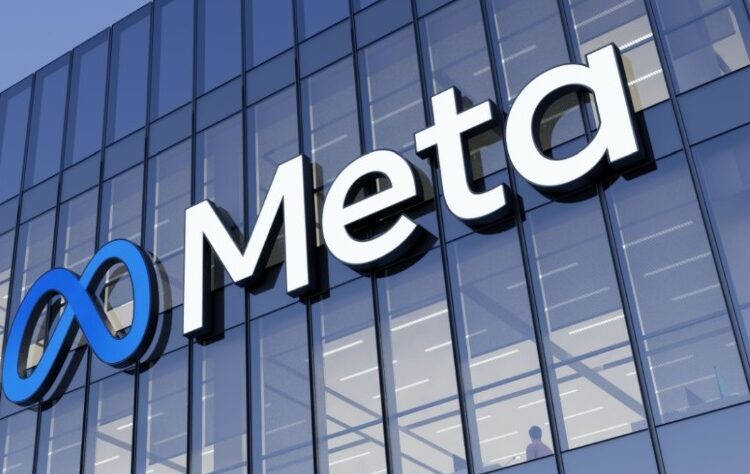Meta, the parent company of Facebook, Instagram and Threads, has intensified efforts to curb inauthentic behaviour on its platforms, announcing the removal of over 10 million fake profiles and around 500,000 spam accounts in the first half of 2025.
The move was part of a wider strategy to combat impersonation, fake engagement, and content duplication, prioritises originality and boosts the visibility of genuine creators across the platform.
In a blog post released on Monday, Meta stated, “We’re making progress. In the first half of 2025, we took action on around 500,000 accounts engaged in spammy behaviour or fake engagement. We also removed about 10 million profiles impersonating large content producers.”
Meta warned that accounts found recycling contents without permission or significant edits will face consequences, including reduced reach and possible loss of access to monetisation tools.
The company explained that repeated reposting of unoriginal videos, images, or text undermines the platform’s integrity, making it harder for authentic voices to emerge.
In order to support legitimate creators, Meta said it is rolling out new tools to automatically trace reposted content back to its source, disclosing that the aim is to elevate authentic work and ensure credit is given to the rightful owners.
“Pages and profiles that post mostly original content tend to enjoy wider distribution across Facebook. Simply stitching clips together or adding a watermark will no longer count as meaningful editing. Content that provides real value and tells an authentic story is likely to perform better,” the company said.
Meta also cautioned users against uploading content that carries watermarks from other platforms, noting that such posts could be penalised with reduced distribution or loss of monetisation privileges.
As part of the latest update, creators can now access post-level performance insights via the Professional Dashboard. They can also check the Support Home screen to see if any of their content or earnings are subject to restrictions.
In a related development, Google’s YouTube platform has updated its monetisation guidelines, stating that mass-produced or overly repetitive content will no longer be eligible for ad revenue.
The new policy initially caused concern among creators, some of whom feared a crackdown on AI-generated content. However, YouTube later issued a clarification.
“We welcome creators using AI tools to enhance their storytelling, and channels that use AI in their content remain eligible to monetise,” the platform said.
Both Meta and YouTube said these policy shifts were designed to raise content standards, reduce digital clutter, and better protect the interests of original creators in an increasingly saturated online ecosystem.





